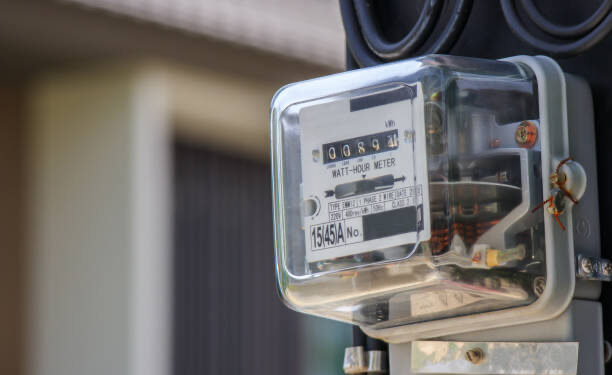The Nigerian Electricity Regulatory Commission (NERC) is contemplating another price hike for prepaid meters in response to mounting production costs faced by meter manufacturers. Sources familiar with the matter informed Nairametrics about the potential adjustment.
It is speculated that NERC might allow market forces to dictate meter prices instead of regulating them, a departure from the current practice. Presently, meter prices are determined by the regulatory authority.
Consideration for Price Adjustment
Manufacturers, anticipating a price revision by NERC, have ceased issuing invoices to Distribution Companies (Discos). The surge in meter prices is attributed to the foreign exchange crisis, leading to increased production expenses and inflationary pressures.
Recent actions by NERC against Distribution Companies, accusing them of overcharging unmetered customers, have further fueled expectations of a new pricing regime. Consequently, new meter applications are on hold pending the announcement of revised prices, leaving many applicants in limbo.
Customers lament delays in meter acquisition despite prior applications, with some facing extended wait times stretching from weeks to months. DisCos has halted new meter installations until the pricing situation stabilizes.
Impact of FX Crisis on Manufacturing
The FX crisis and persistently high inflation rates continue hamper Nigeria’s manufacturing operations. The Manufacturers Association of Nigeria (MAN) projects that average capacity utilization will hover around 50% due to forex-related challenges until mid-2024.
Previous Price Adjustments
In September 2023, NERC raised the prices of prepaid meters substantially. Single-phase meters surged from N58,661.69 to N81,975.16, while three-phase meters climbed from N109,684.36 to N143,836.10. Since then, the Naira has depreciated over 40% against the Dollar, exacerbating inflationary pressures.
Future Outlook
If NERC proceeds with the anticipated price review, consumers may face paying over N100,000 for a single-phase meter and potentially N150,000 for a three-phase meter. This underscores the ongoing challenges facing consumers and stakeholders in the electricity sector amid economic uncertainties and FX fluctuations.











